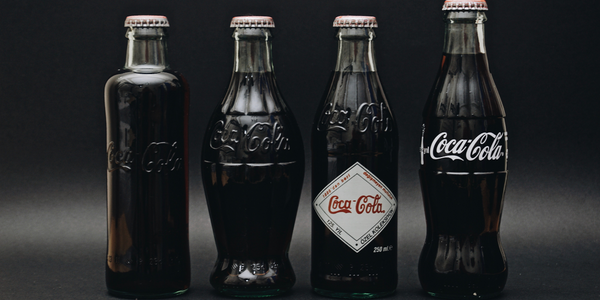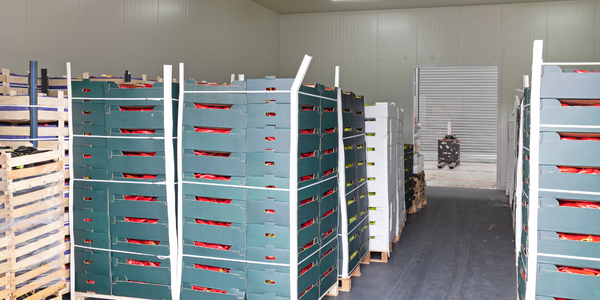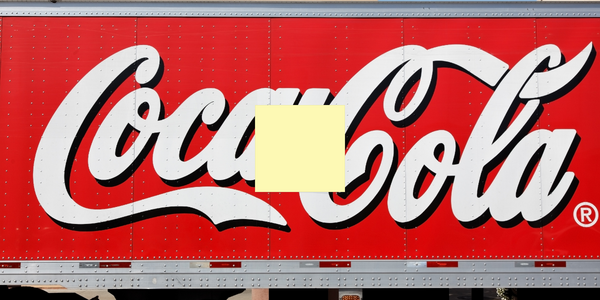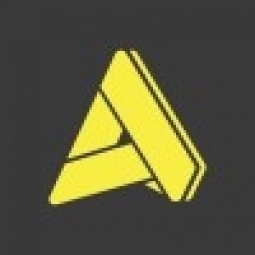Customer Company Size
Mid-size Company
Region
- America
Country
- United States
Product
- Aptean Ross ERP
- Ross ERP Data Collection
- Ross CRM
Tech Stack
- Internet Application Framework
- Web-based infrastructure
Implementation Scale
- Enterprise-wide Deployment
Impact Metrics
- Cost Savings
- Productivity Improvements
- Customer Satisfaction
Technology Category
- Functional Applications - Enterprise Resource Planning Systems (ERP)
Applicable Industries
- Food & Beverage
Applicable Functions
- Discrete Manufacturing
- Quality Assurance
Use Cases
- Predictive Maintenance
- Inventory Management
Services
- System Integration
- Software Design & Engineering Services
About The Customer
Berner Food & Beverage is a high-quality contract manufacturer of Swiss cheese for companies like Alpine Lace. Founded as a family-owned business more than 60 years ago, Berner has built a reputation for its premium products. In 1988, after noticing a void in the processed cheese arena, Berner built its first processed cheese plant and began mass producing a private-label cheddar cheese sauce akin to Cheez Whiz. Today, Berner is the dairy industry’s leading private-label manufacturer of premium, processed cheese sauces, spreads and toppings.
The Challenge
Berner Food & Beverage, a leading private-label manufacturer of premium, processed cheese sauces, spreads and toppings, faced several challenges. As a food manufacturer, Berner needed to meet evolving regulatory and customer requirements for food safety and quality. Increased scrutiny from the Food and Drug Administration (FDA), United States Department of Agriculture (USDA) and other government agencies necessitated a proven system to ensure compliance with numerous different regulations, such as the Bioterrorism Act of 2002. In addition, the company needed a broad-reaching technology infrastructure with the flexibility to help the company enter new markets, such as consumer packaged goods, all while supporting Berner’s lean manufacturing practices. As a private-label manufacturer, Berner constantly battles tight margins, necessitating maximum efficiency, visibility and productivity in its manufacturing operations.
The Solution
To successfully manage these challenges, Berner turned to Aptean’s Ross ERP. Ross’ expertise in serving food processors ensured that Ross ERP met Berner’s specific needs such as quality control, regulatory compliance, food safety and profit margin improvement. Ross ERP also provided the technology foundation needed by a rapidly growing private-label manufacturer. Finally, Ross ERP’s focus on mid-market manufacturers and, in particular, small and medium-sized businesses met Berner’s need for a rapid implementation with minimal customization throughout the life of the applications. Berner began its relationship with Ross with the implementation of Ross ERP for its manufacturing operations, quality control, supplier management, financial and regulatory management. Later in the year, the company upgraded the underlying Ross ERP technology foundation to include Ross ERP’s Internet Application Framework, with no disruption to application users. This upgrade provided Berner with a Web-based infrastructure as the standard for all Ross applications, eliminating client-installed software and enabling browser-based access for users.
Operational Impact
Quantitative Benefit

Case Study missing?
Start adding your own!
Register with your work email and create a new case study profile for your business.
Related Case Studies.

Case Study
The Kellogg Company
Kellogg keeps a close eye on its trade spend, analyzing large volumes of data and running complex simulations to predict which promotional activities will be the most effective. Kellogg needed to decrease the trade spend but its traditional relational database on premises could not keep up with the pace of demand.

Case Study
HEINEKEN Uses the Cloud to Reach 10.5 Million Consumers
For 2012 campaign, the Bond promotion, it planned to launch the campaign at the same time everywhere on the planet. That created unprecedented challenges for HEINEKEN—nowhere more so than in its technology operation. The primary digital content for the campaign was a 100-megabyte movie that had to play flawlessly for millions of viewers worldwide. After all, Bond never fails. No one was going to tolerate a technology failure that might bruise his brand.Previously, HEINEKEN had supported digital media at its outsourced datacenter. But that datacenter lacked the computing resources HEINEKEN needed, and building them—especially to support peak traffic that would total millions of simultaneous hits—would have been both time-consuming and expensive. Nor would it have provided the geographic reach that HEINEKEN needed to minimize latency worldwide.

Case Study
Energy Management System at Sugar Industry
The company wanted to use the information from the system to claim under the renewable energy certificate scheme. The benefit to the company under the renewable energy certificates is Rs 75 million a year. To enable the above, an end-to-end solution for load monitoring, consumption monitoring, online data monitoring, automatic meter data acquisition which can be exported to SAP and other applications is required.

Case Study
Coca Cola Swaziland Conco Case Study
Coco Cola Swaziland, South Africa would like to find a solution that would enable the following results: - Reduce energy consumption by 20% in one year. - Formulate a series of strategic initiatives that would enlist the commitment of corporate management and create employee awareness while helping meet departmental targets and investing in tools that assist with energy management. - Formulate a series of tactical initiatives that would optimize energy usage on the shop floor. These would include charging forklifts and running cold rooms only during off-peak periods, running the dust extractors only during working hours and basing lights and air-conditioning on someone’s presence. - Increase visibility into the factory and other processes. - Enable limited, non-intrusive control functions for certain processes.

Case Study
Temperature Monitoring for Restaurant Food Storage
When it came to implementing a solution, Mr. Nesbitt had an idea of what functionality that he wanted. Although not mandated by Health Canada, Mr. Nesbitt wanted to ensure quality control issues met the highest possible standards as part of his commitment to top-of-class food services. This wish list included an easy-to use temperature-monitoring system that could provide a visible display of the temperatures of all of his refrigerators and freezers, including historical information so that he could review the performance of his equipment. It also had to provide alert notification (but email alerts and SMS text message alerts) to alert key staff in the event that a cooling system was exceeding pre-set warning limits.

Case Study
Coca-Cola Refreshments, U.S.
Coca-Cola Refreshments owns and manages Coca-Cola branded refrigerators in retail establishments. Legacy systems were used to locate equipment information by logging onto multiple servers which took up to 8 hours to update information on 30-40 units. The company had no overall visibility into equipment status or maintenance history.







